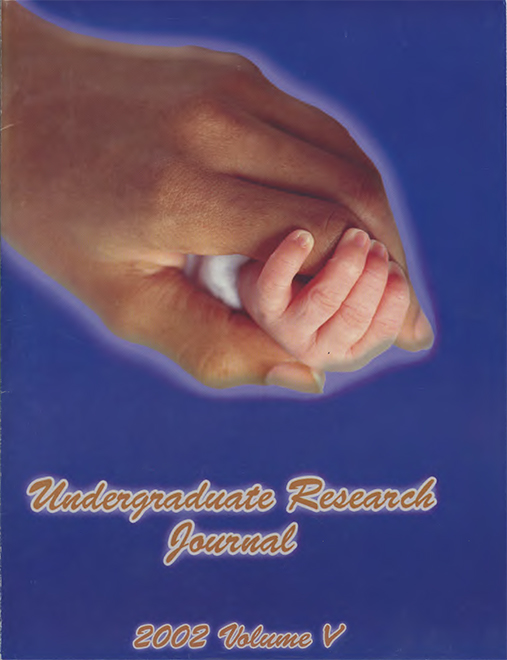Death and Presentation: How Mortality Salience and Framing Affects Attitudes Toward Welfare Recipients
Main Article Content
Abstract
One hundred-five introductory psychology students were included in this study to determine whether death awareness and presentation of information would affect attitudes toward out-groups. The mortality salience hypothesis states that people will be more likely to hold negative attitudes toward out-groups when their existing beliefs are not supported and when mortality becomes salient. The results supported this hypothesis, suggesting that out-groups can alter people's attitudes according to existing beliefs. Compared to personal causes for people on welfare assistance, social causes did not show significantly different effects, nor were there any interaction effects between mortality salience and framing. The Interpersonal Judgment Scale was used to measure attitudes toward dissimilar others on two items: emotional liking and readiness to cooperate in a study with an out-group member.
Downloads
Download data is not yet available.
Article Details
Section
Articles
IUSB Student Journal Copyright Agreement
☐ I declare that this submission is my original work, and that it does not, to the best of my knowledge, infringe upon anyone's copyright.
☐ I agree that that [the journal] may, without changing the content, translate the submission to any medium or format for the purpose of preservation.
☐ The Undergraduate Research Journal may keep copies of my submission, and to translate it to any medium for future reproduction and distribution. I understand that I have the right to request that my submission be removed from IUSB online sources at any time by emailing Stephen Finlay, IUSB ScholarWorks administrator, at scfinlay@iusb.edu. Once I have made the request, the item in question will be taken down immediately.
